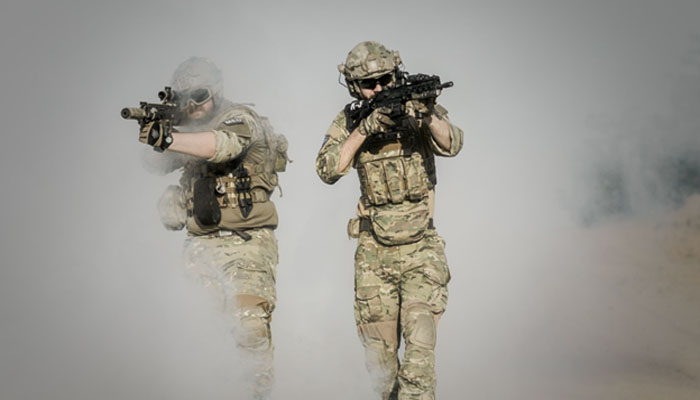
Afrasianet - Several researchers accused the United States of involvement in state terrorism. They wrote about the use of state terrorism by the United States and other liberal democracies, especially in connection with the Cold War.
From the point of view of these scholars, state terrorism is used to protect the interests of the capitalist elites, as the United States established a system based on neo-colonial ideology consisting of client states, which participate with regional elites in governance by creating an atmosphere of panic.
This work has stirred controversy among leading scholars of terrorism who focus on state and non-state terrorism practiced by dictatorships.
These works include The Economics of Human Rights (1979) by Edward S. Hermann and Noam Chomsky, The Network and the Terrorist Truth (1985) by Hermann, and Alexander L. George Western State Terror (1991), State and United States Terror by Frederic Garrow (2004), America's Other War (2005) by Doug Stokes.
Among these authors is Ruth Jay. Blakeley Chomsky and Hermann are among the most prominent writers on the United States and state terrorism. Since the late 1970s, Noam Chomsky Edward S. Hermann series of books on US involvement in state terrorism.
The content of their writings is consistent with reports by Amnesty International and other human rights organizations on a new global “epidemic” of state torture and murder. Chomsky and Herman argue that the panic was centered in the US sphere of influence in developing countries, as well as documenting human rights violations committed by American client states against Latin America.
They reported that of the ten Latin American countries that had death squads, all were client states of the United States. They claimed that 74% of the regimes around the world that practiced torture on an administrative basis were client states of the United States, receiving military and other support from the United States to maintain power.
They concluded that the global rise in state terrorism was the result of US foreign policy. Chomsky concluded that all forces support state terrorism in client states. At the forefront was the United States and other powers, most notably the United Kingdom and France, which provided diplomatic, military and financial support to the Third World regimes that maintained their power through violence.
These governments worked alongside multinational corporations, particularly in the arms and security industries. In addition, other developing countries outside the Western sphere of influence have carried out state terrorism with the support of competing powers.
The alleged involvement of major powers in state terrorism in developing countries led scholars to study it as a global phenomenon rather than individual countries. In 1991 , also mentioned in a book edited by Alexander L. George that other Western powers have supported increasing panic in developed countries.
He concluded that the United States and its allies were the main supporters of terrorism around the world. Garrow says the number of deaths from non-state terrorism (3,668 deaths between 1968 and 1980, according to CIA estimates) is "tiny" compared to those caused by state terrorism in US-backed regimes such as Guatemala.
(150,000 dead, 50,000 missing during the Guatemalan Civil War—93% of whom were classified as "victims of state terrorism" by Jarrot), according to other scholars, says Ruth Jay. Blakely says the United States and its allies financed and spread state terrorism on a "very large scale" during the Cold War.
To justify what they did they said they were seeking to contain communism, but Blakeley asserts that this was a way to prop up the interests of American business elites and to promote the expansion of neoliberalism across the global south. Mark Aarons believes that right-wing authoritarian regimes and dictatorships backed by Western powers have committed atrocities and mass killings, assassinations and state terrorism associated with Operation Condor throughout South America.
In Worst Than War, Daniel Goldhagen says that during the last two decades of the Cold War, according to Latin American scholar John Henry Cotsworth, "hundreds of thousands of Latin Americans were tortured, kidnapped, or killed by right-wing military regimes as part of the campaign." The crusade against communism led by the United States.

